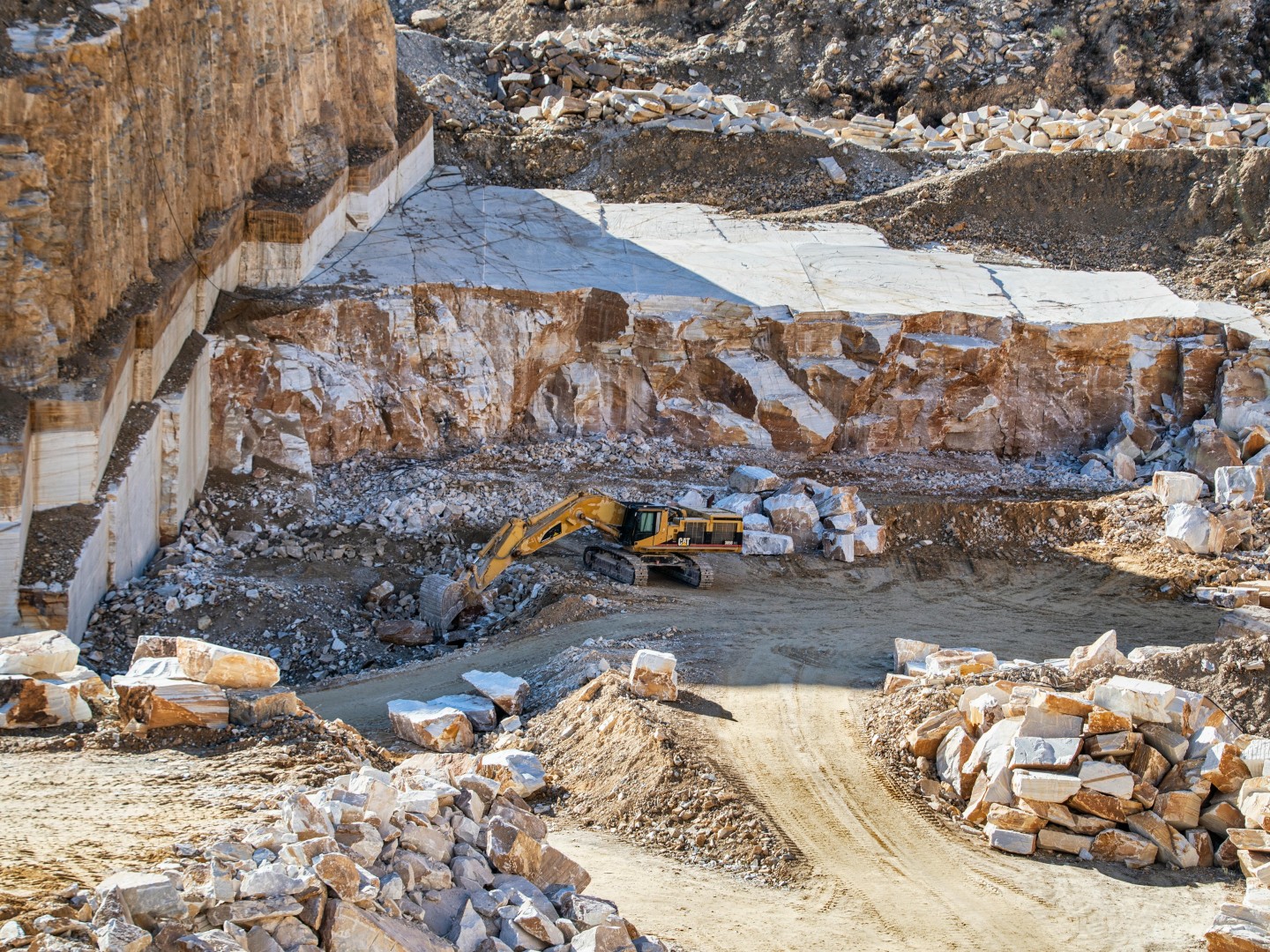Mining communities face unique challenges and opportunities in the context of a just transition and socially owned renewable energy.
This is indicated in a new report compiled by Sekhukhune Combined Mining Affected Communities (SCMAC), the Centre for Applied Legal Studies (CALS), 350 Africa, Ahinasa and Lawyers for Human Rights (LHR).
It indicates that the demand for social ownership of renewable energy, including community ownership, has been made by labour, communities and civil society as part of the struggle to ensure that an energy transition which addresses the climate crisis does not leave workers and communities behind.
The report states that while research on social ownership among workers and communities is growing, particularly studies assessing lessons from social ownership initiatives, one key community sector remains unexplored: communities near mining operations.
ALSO READ:
Powering the future: Driving transition in mining fleets
“These mining-affected communities hold unique potential for advancing social ownership due to the legal obligations mining companies have to support community development through social and labour plans (SLPs).
“In practice though, SLPs have largely failed to achieve their development goals. Challenges in the implementation of SLPs include minimal community engagement, poor compliance, and fragmented project execution.”
The failure evident in dismal socioeconomic conditions in the mining communities
This failure, the report says, is evident in the continually dismal socioeconomic conditions in these areas, which have been well documented.
“Rather than fulfilling these obligations effectively, several mining corporations – such as Anglo American – have instead invested in renewable energy technologies. These investments are aimed at meeting their own energy demands during periods of loadshedding, diversifying their revenue streams, and advancing decarbonisation efforts,””” the report said.
It emphasises that initiatives where mining companies support and finance community-owned renewable energy projects – potentially enabling these projects to supply power back to the mines – offer a promising model for more inclusive local economic development.

“The existing expertise within community-based organisations and civil society around SLP frameworks suggests that socially owned renewable energy projects could gain strong traction as a campaign focus, particularly if they are strategically linked to the mining sector’s development responsibilities.”
The report underscores the importance of a just energy transition that prioritises the working-class majority, particularly those facing systemic oppression. It argues that a truly just transition must centre on shifting to a renewable energy economy that serves the interests of the many, not just the few.
ALSO READ:
Exxaro and Eskom partner for a just, low-carbon transition
“Otherwise, the risk is that a wealthy, powerful minority maintains dominance, simply swapping fossil fuels for cleaner energy without transforming the underlying capitalist system that benefits them.
“The demand for social ownership of renewable energy, including both public ownership and localised worker/community ownership, has been posed by sections of labour, communities and civil society as part of the just transition. Socially owned renewable energy has now entered into mainstream public discussions. However, similar to the concept of just transition, its meaning and implementation model are still highly contested.”
According to the report, significant research has been done to define social ownership of renewables and investigate case studies, including community and worker ownership of renewable energy.
However, the report says that specific effects for mining-affected communities have yet to be fully explored.
“These communities face unique challenges and opportunities in the context of a just transition and socially owned renewable energy.”
The report recommends that:
- Public financing and enabling legislation to support socially owned renewable energy projects in mining-affected communities;
- Mandatory investments by mining companies into community-led transition projects, as part of their social development obligations under the MPRDA;
- Strengthened regulatory frameworks and transparent mechanisms to support procedural and distributive justice;
- Capacity-building, training, and feasibility studies to ensure local ownership and long-term sustainability; and
- The recognition of community-defined energy solutions within national Just Transition frameworks and climate policy.
Read the Concrete models of socially-owned renewable energy – The case of Sekhukhune Combined Mining Affected Communities report
Now watch

